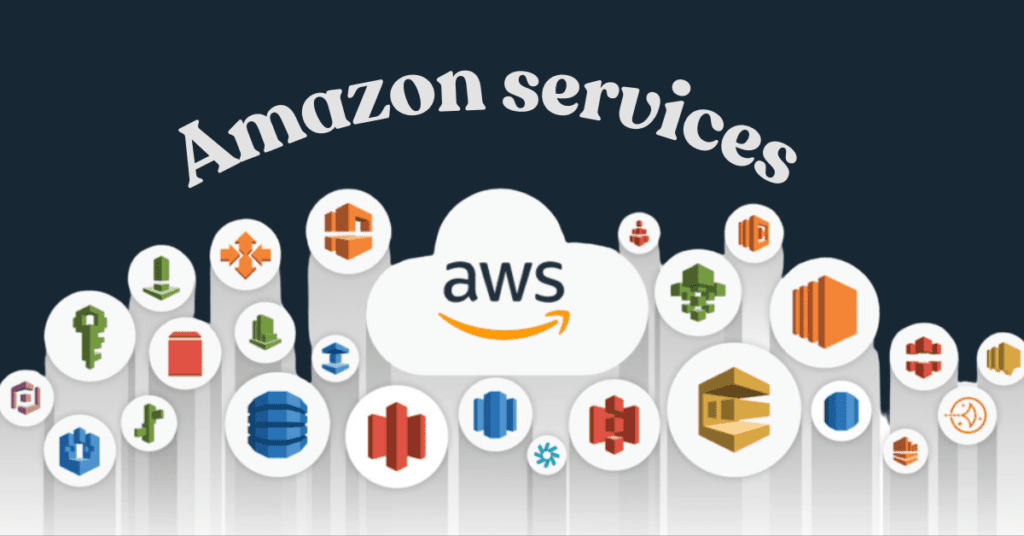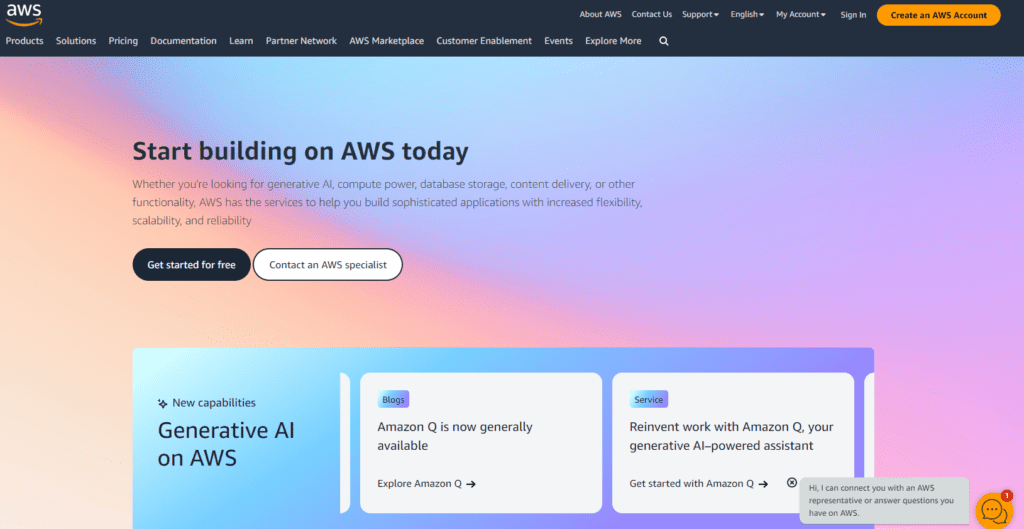
May 20, 2024

Have you ever wondered how companies store all their data, run websites, or analyze massive amounts of information? The answer for many of them lies in the cloud, and a major player in that cloud game is Amazon Web Services, or AWS.
In this article, we’ll break down everything you need to know about AWS for beginners. We’ll cover what AWS is, what services it offers, and how it can benefit your business or personal projects.
AWS stands for Amazon Web Services. It’s a comprehensive, on-demand cloud computing platform developed by Amazon. Essentially, AWS provides businesses, organizations, and individuals with a virtual space to store data, run applications, and access a wide range of IT resources – all over the internet.
Think of it like renting an apartment in a massive digital building. You don’t need to worry about maintaining the building itself (hardware, software, etc.), but you have access to all the amenities (computing power, storage, databases, and more) you need to get your work done.
AWS offers a mind-boggling array of services, over 200 in fact! These services can be broadly categorized into several areas:
This is just a glimpse into the vast capabilities of AWS. There’s truly a service for almost any IT need imaginable.

There are many reasons why businesses and individuals choose AWS:
Ready to explore the world of AWS? Here’s how to get started:
Whether you’re a small business owner, a developer, or just someone curious about cloud computing, AWS offers a powerful and versatile platform to meet your needs. So, dive in, explore, and see what the cloud can do for you!

AWS can be easy to learn for beginners, especially if you don’t have a strong IT background. Here’s why:
There aren’t any strict prerequisites to get started with AWS. However, a solid foundation in a few areas will make the learning process smoother:
Overall, you can jump right into AWS with a basic understanding of computers and a willingness to learn. There are many resources available to help you get started!
The future of AWS looks bright, with continued dominance in cloud computing expected. Here are some key trends to watch:
Overall, AWS is well-positioned to lead the future of cloud computing by adapting to evolving customer needs and technological advancements.
Cloud Provider | Description |
AWS | Dominant cloud provider, good for beginners, vast range of services |
Microsoft Azure | Strong integration with Microsoft products, excels in hybrid cloud |
Google Cloud Platform (GCP) | Cutting-edge AI and machine learning, strong for data-driven businesses |
Alibaba Cloud | Dominant in China, competitive pricing, caters to Asian market |
AWS is a powerful and versatile cloud computing platform that can be used for a wide range of applications. Its scalability, reliability, and vast array of services make it a compelling option for businesses of all sizes. Whether you’re a developer building a new application, or an entrepreneur launching a startup, AWS can provide the resources and tools you need to succeed.
If you’re interested in learning more about AWS and how it can benefit you, visit the AWS website or explore the many resources available online.








@2023-2024-All Rights Reserved-JustAiTrends.com